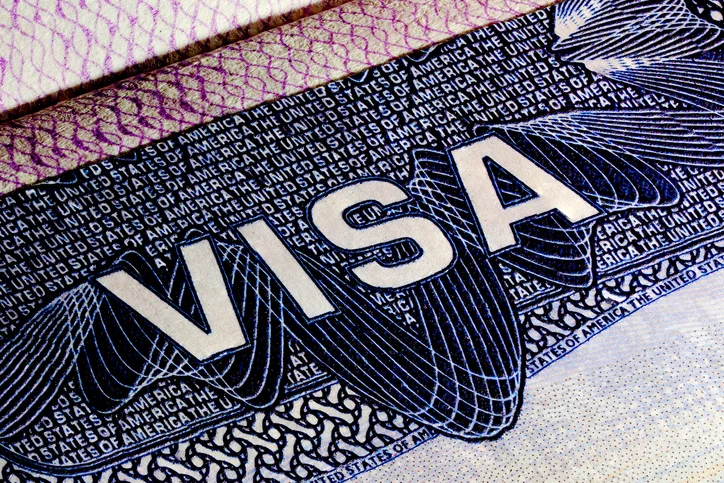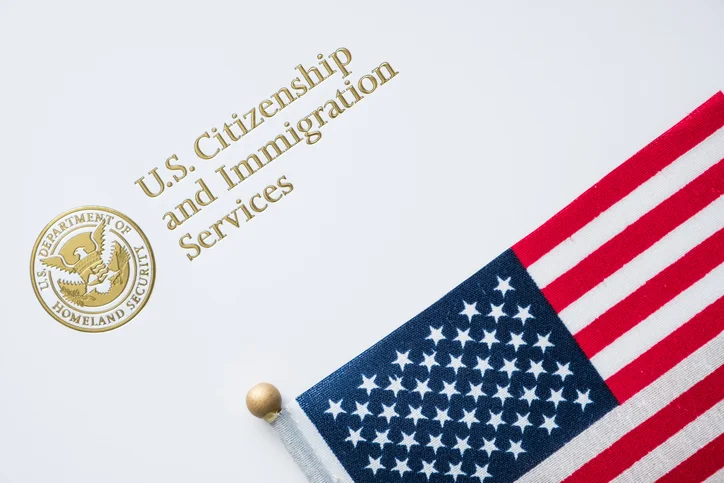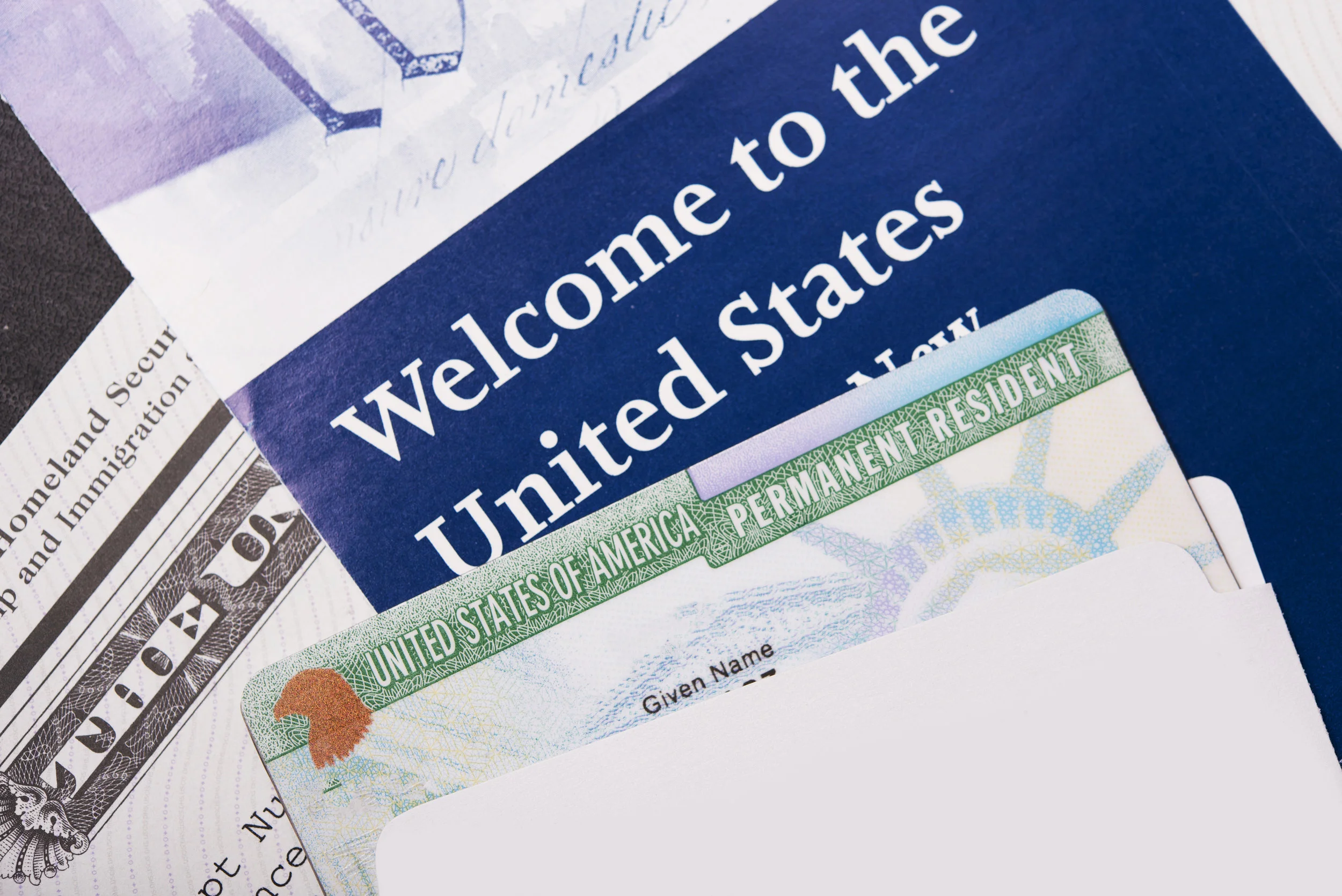Three federal courts across the United States have temporarily suspended the enforcement of the Department of Homeland Security’s new “public charge” rule, which was set to take effect on October 15, 2019. This new rule redefines how the agency can determine whether a foreign national is at risk of needing public assistance, which would make the foreign national ineligible for admission, extension of status, or permanent residence.
Read MoreThe Department of State (DOS) has issued its November 2019 Visa Bulletin. Overall, most employment-based categories this month had little advancement. (Employment-based (“EB”) category 1 for all nationals (except for India and China) advanced by little over a month. EB-1 for China moves forward three months and EB-1 India remains the same. The EB-2 category for all nationals continues to be current. China has a two and a half month advancement, and India advanced by one day. The EB-3 category is current for all nationals except for China and India, which saw no change from last month. The Philippines moves forward by three and a half months.
Read MoreThe Department of State (DOS) has issued its October 2019 Visa Bulletin. October 1 marks the start of the new fiscal year so all the visa categories benefit from new visa numbers. As a result, most categories see sizable movement. Employment-based (“EB”) category 1 for all nationals (except for India and China) advances by six months. EB-1 for China moves forward nearly three years and EB-1 India goes from unavailable to January 1, 2015. The EB-2 category for all nationals is now current, except for China, which, unfortunately, has a two-year retrogression, and India, which advances by four days. The EB-3 category is current for all nationals except for China, which moves forward nearly two years; India, which moves forward three and a half years, and the Philippines, which moves forward by fifteen months.
Read MoreEarlier this week, the Department of Homeland Security (“DHS”) published a final rule concerning the “public charge” grounds under the immigration statute for denying admission, extension of status, and permanent residence to foreign nationals. The rule will take effect after 60 days, on October 15, 2019, unless litigation prevents its implementation.
Read MoreUSCIS’s fee proposal for employers to complete the online registration process for next year’s H-1B visa lottery has been approved by the Office of Management and Budget (“OMB”). The amount of the fee, which would be paid in addition to the filing, training, and anti-fraud fees for each H-1B petition, has not yet been announced. Publication of the proposed rule in the Federal Register is anticipated in the coming days.
Read MoreU.S. Citizenship and Immigration Services (USCIS) has announced that it is revising the civics test for the naturalization application, which was last done in 2009. According to USCIS, the purpose of the revision is to ensure that it continues to accurately test the applicant’s knowledge and understanding of U.S. history, government, principles, and values.
Read MoreEarlier this week, a federal court in Washington, DC, upheld U.S. Citizenship and Immigration Services’ (“USCIS”) denial of an H-1B petition for a Quality Assurance Analyst (“QA Analyst”), finding that the agency’s analysis of the regulations defining a “specialty occupation” was not contrary to law. This decision provides important insights into 1) how the degree requirement should be worded so that a position qualifies as a “specialty occupation”; 2) how to strengthen expert statements and job postings of similar positions; 3) the need for descriptions of job duties that communicate complexity while being comprehensible; and that 4) federal court litigation may not be the solution for overcoming H-1B denials because the standard of review for overturning these decisions is tough. Speaking from my own experience as a staff attorney at the Ninth Circuit for five years, the federal courts generally will defer to an agency’s decision unless the agency clearly failed to consider relevant evidence in the record or disregarded applicable case-law.
Read MoreThe U.S. House of Representatives passed legislation last week that seeks to end the backlogs for green cards by eliminating the per-country cap for employment-based immigrants and raising the existing per-country cap from 7% to 15% for family-based immigrants. The elimination of per-country caps would benefit Chinese and Indian nationals in particular, who face three to ten year delays in obtaining green cards based on employment.
Read MoreThe Department of State (DOS) has issued its May 2019 Visa Bulletin. Overall, there was very little movement in most categories this month. EB-1 for most nationals advanced by one month while there was no movement for Chinese and Indian nationals. For the EB-2 category, Chinese nationals advanced by forty-four days while Indian nationals advanced by only three days. Lastly, EB-3 for Chinese nationals moved forward by twenty-one days, while Indian nationals advanced by nine days, and Philippine nationals advanced by three months.
Read MoreThe Department of State (DOS) has issued its April 2019 Visa Bulletin. Overall, there was very little movement in most categories this month. EB-1 for most nationals advanced by one month while there was no movement for Chinese and Indian nationals. For the EB-2 category, Chinese nationals advanced by three months while Indian nationals advanced by only three days. Lastly, EB-3 for Chinese nationals moved forward by twenty-four days, while Indian nationals advanced by one month, and Philippine nationals advanced by three months.
Read More









